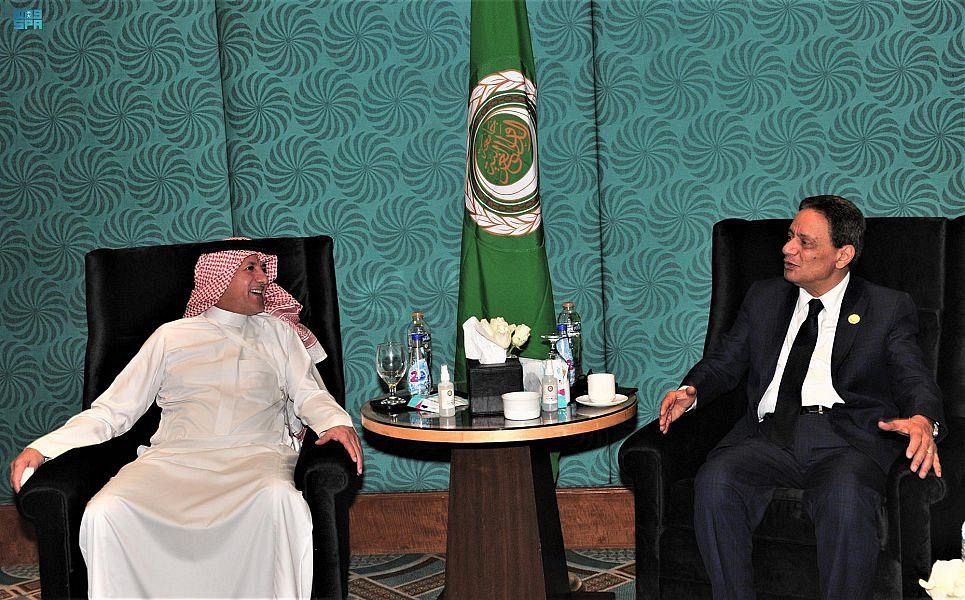
Egypt’s parliament preliminarily approved on Monday a draft law on establishing a Supreme Council for Combating Terrorism and Extremism (SCCTE), which is headed by the Egyptian president and includes 18 official members.
The Prime Minister, the speaker of the House of Representatives, and defense and interior ministers are expected to occupy seats in the council.
"The council will consist of the prime minister, parliament speaker, grand sheikh of Al-Azhar, Pope of the Coptic Church, minister of defence, minister of religious endowments, minister of youth and sports, minister of social solidarity, minister of foreign affairs, minister of interior, minister justice, minister of telecommunications, minister of education, and minister of higher education," says the law, adding that "it will also include chief of general intelligence, head of the Administrative Control Authority (ADA), and other public figures who can contribute to SCCTEs strategy."
Last July, President Abdel Fattah al-Sisi issued a decree establishing the council to develop policies aimed at “countering extremism.”
The new draft law aims at committing the state to confront terrorism in all its forms and its sources of funding according to a specific timetable, whilst protecting rights and freedoms by mobilizing social institutional capacities to reduce and counter causes of terrorism, the bill says.
Parliamentary sources said that a number of deputies demanded that the SCCTE should include civilian experts.
Sources pointed out that “the council will also aim to address the aftermath of terrorism.”
Egypt is fighting ISIS’ self-proclaimed state in Sinai which has been advocating terrorism in the Sinai Peninsula since the ousting of former president Mohamed Morsi from power in 2013.
The SCCTE also faces elements and armed movements belonging to the Muslim Brotherhood, which Egypt considers a terrorist organization.
Muslim Brotherhood militants have cranked up violence in the past months, targeting both civilians and police alike.
Most MPs heaped praise on the law, agreeing that it will help forge a national strategy necessary to help the countrys battle against terrorism and extremism.
MP Abdel-Fattah Mohamed said "Muslim Brotherhood-affiliated elements are still widespread in government sectors and schools, and the role of the new council is to strike with an iron hand on these elements."
Article one of the law states that the council will forge a national anti-terrorism and counter-extremism strategy every five years.
“This strategy should mobilize all the countrys forces to combat terrorism and extremism,” reads the article, adding that “the SCCTEs headquarters will be in Cairo.”








